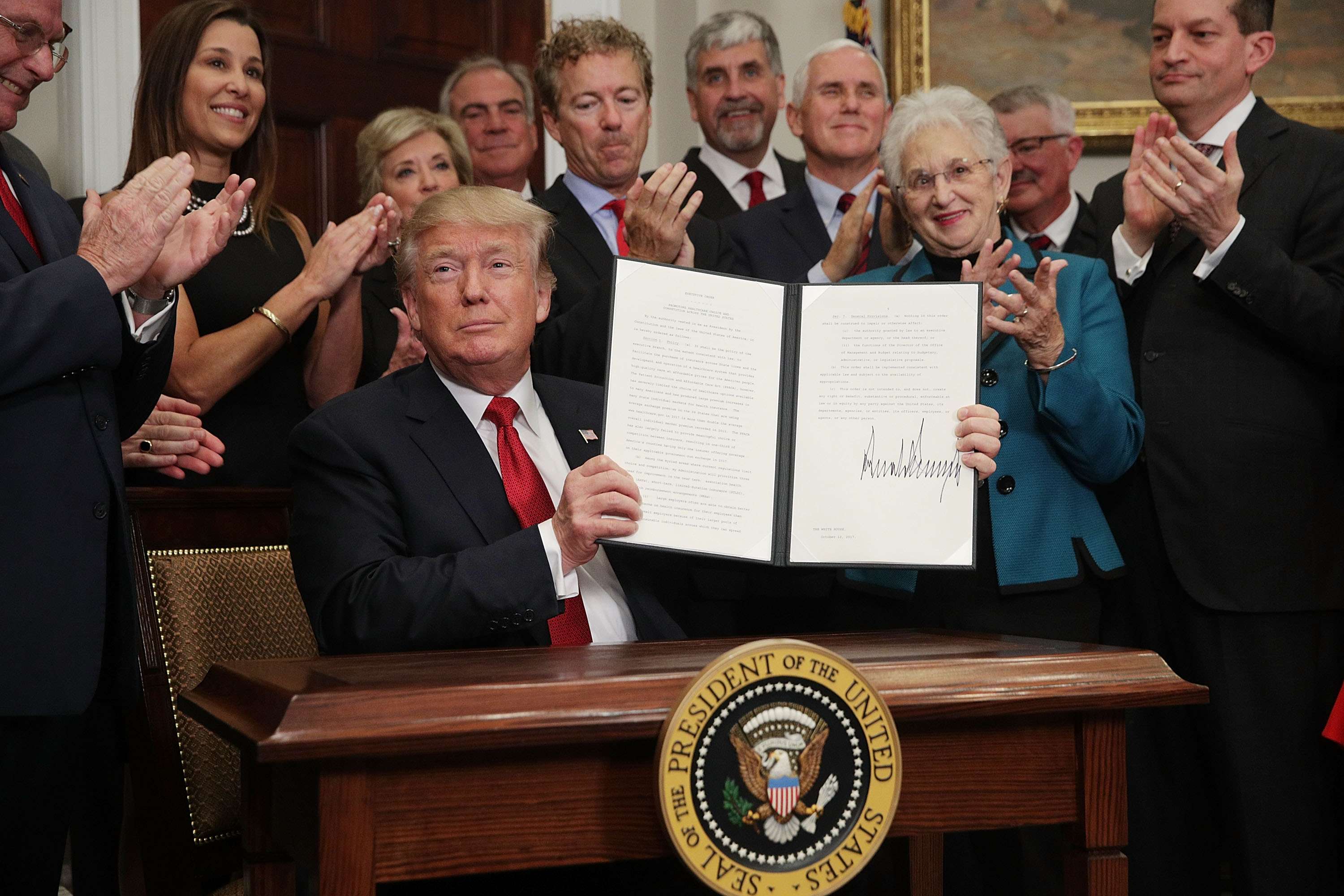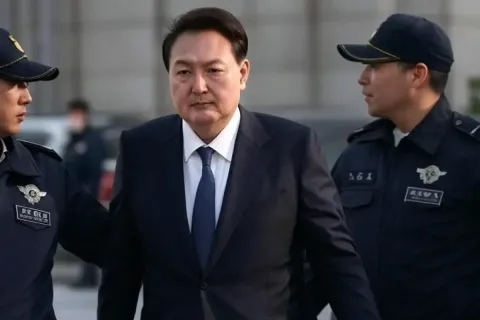Hours after being sworn in as the 47th President of the United States, Donald Trump signed a series of sweeping executive orders, including one targeting citizenship rights for children born in the U.S. to parents without legal status. This landmark order, titled “Protecting the Meaning and Value of American Citizenship,” has ignited fierce legal and public debates as it challenges long-standing interpretations of the 14th Amendment.
The 14th Amendment and Birthright Citizenship
The 14th Amendment, ratified in 1868, was originally adopted to grant citizenship to formerly enslaved people after the Civil War. It states that “all persons born or naturalized in the United States” are citizens. Over time, this provision has been interpreted to extend citizenship to nearly all individuals born on U.S. soil, regardless of their parents’ legal status.
This inclusive interpretation of the 14th Amendment has fueled a global trend known as “birth tourism,” where individuals from countries like Nigeria travel to the U.S. to give birth, ensuring their children gain full American citizenship. However, Trump’s latest executive order directly challenges this interpretation.
What Trump’s Order Changes
Effective February 20, the order dramatically redefines eligibility for U.S. citizenship by birth. Key provisions include:
- Citizenship will no longer be granted to children born in the U.S. to mothers who are undocumented or on temporary visas if their fathers are neither citizens nor permanent residents.
- Only children with at least one U.S. citizen or green card-holding parent will qualify for citizenship.
- Federal agencies will stop issuing passports, citizenship certificates, and other legal documents to children who do not meet these requirements.
The order’s 30-day implementation window has sparked urgency among affected communities and advocacy groups.
Legal Challenges Mount
Trump’s executive order has already faced swift opposition. Civil rights groups, including the ACLU, NAACP Legal Defense Fund, and Asian Law Caucus, have filed lawsuits, arguing that the order is unconstitutional.
The plaintiffs claim that the 14th Amendment guarantees citizenship to children born on U.S. soil, regardless of their parents’ status. They contend that Trump’s action would marginalize thousands of children, leaving them vulnerable to exclusion, deportation, and lifelong uncertainty.
In their lawsuit filed in the U.S. District Court of New Hampshire, the advocates argued that citizenship laws are governed by the Constitution and Congress—not unilateral presidential orders. The case, New Hampshire Indonesian Community Support v. Trump, is expected to set the stage for a major legal showdown.
Other Executive Orders Signed by Trump
Trump’s birthright citizenship order is just one of several executive actions he issued upon taking office. These include:
- Revocation of 78 executive actions and policies from the Biden administration.
- A freeze on federal hiring, excluding the military and select categories.
- A regulatory freeze halting the issuance of new regulations.
- A mandate for all federal workers to return to in-person work, ending post-pandemic remote arrangements.
- Withdrawal from the Paris Climate Agreement, signaling the UN through formal communication.
- Withdrawal of the U.S. from the World Health Organization (WHO).
- Directives to address the cost of living crisis.
- Restoration of free speech protections to prevent government censorship.
- An end to the weaponization of federal agencies against political opponents.
The Road Ahead
As the implementation date for the birthright citizenship order looms, advocates and opponents alike are bracing for the potential social and legal ramifications. For immigrant communities, this 30-day window represents a critical time of uncertainty and hope that ongoing lawsuits may halt the order’s enforcement.
The controversial nature of Trump’s executive actions, particularly this reinterpretation of the 14th Amendment, promises to remain a central issue in America’s political and legal landscape. With challenges mounting, the outcomes of these disputes could shape the nation’s policies on immigration, citizenship, and civil rights for generations to come.




